Stay logged in to proceed with bookings, orders and offers.
On changing the terminal, you will loose items in your cart. Are you sure you want to change your terminal?
From the expressive storytelling of Kathakali to the graceful moves of Mohiniyattam, experience the essence of Kerala's traditional dances that weaves together history, tradition and heritage.
Storytelling is an art. And great storytellers can transport their audience from the real to the sublime, at least temporarily. Kerala’s traditional dance forms uniquely engage in storytelling through the visual medium. From dramatic performances of Kathakali to the graceful movements of Mohiniyattam, and the glorious Theyyam with its paraphernalia of ghastly costumes, each of these Keralite dances carries with it a story steeped in local history and religious traditions. These dance forms have been nurtured and passed down through generations and continue to captivate audiences with their class, eye-catching ensemble, complex emotions, and cultural significance. So without further ado, join me on an epic journey exploring some of these dances of Kerala, their relationships with respective social milieus, and finally get to know the venues in Kerala where you can get a first-hand glimpse of these endearing performances.
Read More
Read Less
Kathakali is a classical dance-drama renowned for its use of elaborate makeup (chamayam), resplendent costumes and expressive facial movements. It brings to life stories from Indian epics such as the Ramayana and the Mahabharata. Performers use fluid yet powerful movements in the backdrop of traditional music and percussion instruments. Witnessing Kathakali is like stepping into a world of myth and legend, where emotions conveyed through facial expressions transport the audience to a magical world. To experience this art form, head to the Kerala Kalamandalam in Thrissur or attend various cultural festivals such as the Kochi-Muziris Biennale or the Kerala Dance Festival that organise Kathakali almost without fail.
Mohiniyattam, often referred to as the "Dance of the Enchantress," is a classical dance performed by women. It is characterised by elegance, subtle expressions, and fluid movements. Mohiniyattam narrates stories of love, devotion, and mythic tales, captivating audiences with its charming performances. To witness this dance form, one can attend the annual Navaratri festival celebrations in Kerala, where Mohiniyattam shows are a mainstay. Kerala Kalamandalam and Kerala Sangeetha Nataka Akademi are renowned institutions promoting and showcasing this classical art.
Theyyam is a mystical ritual dance form rooted in the religious traditions of northern Kerala (Malabar). Performers, often belonging to various Hindu communities, embody deities and spirits in elaborate rituals. Adorned in frightful outfits, Theyyam artists partake in dances reaching a fever pitch, accompanied by ceremonial music and chants. To witness the spectacle of Theyyam, visit the temples and shrines of north Malabar, especially during the annual festival season that goes on from November to March.
Thiruvathira Kali is a graceful group dance performed by women on the auspicious occasion of Thiruvathira, a festival celebrated during the Malayalam month of Dhanu. Dancers form circles and move in a synchronised manner, swaying gracefully to the rhythm of traditional songs. The dance is performed to propitiate Lord Shiva on his birthday, seeking marital bliss. To witness Thiruvathira Kali, attend the Thiruvathira Festival celebrations held at various temples and cultural events across Kerala.
Koodiyattam is an ancient classical theatre art recognised as one of the oldest in the world. Rooted in Sanskrit drama, Koodiyattam combines dance, music, and acting. The performers employ elaborate hand gestures and eye movements to convey the kernel of the story. To witness this rare and exquisite art form, visit the Kerala Kalamandalam in Thrissur, where performances and training are organised. Some temples in Kerala also feature special Koodiyattam performances during their annual festivals.
Oppana is a traditional dance form performed by women, particularly on the occasion of Muslim weddings. This joyful dance involves a group of women singing and clapping in a circle while the bride sits coyly in the centre. The songs typically narrate themes of love and happiness. To witness Oppana, attend Kerala Youth Festival or Muslim weddings.
Margam Kali is a folk dance of the Syrian Christian community in Kerala. It is performed in groups, with female dancers moving in circular patterns around a lamp (nilavilakku), clapping their hands while wearing a white and red costume (Chattayum Mundum). Margam Kali often depicts themes surrounding the life of St.Thomas the Apostle. To witness Margam Kali, you can attend cultural events and festivals organised by the Syrian Christian community in Kerala.
Kolkali is a dynamic folk dance form from Kerala, characterised by fast-paced movements and the use of sticks. Dancers, typically in pairs, strike hand-held sticks together, creating a visual and auditory extravaganza. Kolkali is believed to have borrowed elements from the more popular martial art Kalarippayattu. To witness Kolkali, attend the Kerala School Youth Festival where it is showcased each year.
Ottamthulal is a unique solo dance form that combines humour, satire, and expressive movements. The performer narrates humorous stories accompanied by music and rhythmic steps. Dressed in traditional attire, the dancer uses gestures and facial expressions to engage the audience. Ottamthulal performances are known for their wit and social commentary. To witness Ottamthulal, attend temple festivals as well as specific functions organised by the Kerala Sangeetha Nataka Akademi.
Chakyar Koothu is a classical solo performance known for its narrative style and wit. The performer, called Chakyar, narrates episodes from epics and classical texts with characteristic humour. Accompanied by percussion instruments such as mizhavu and elathalam, Chakyar Koothu creatively blends storytelling and theatre. To experience Chakyar Koothu, attend performances at Kerala's temples and cultural centres, where skilled Chakyar artists continue to keep this ancient art alive.
Having withstood the test of time, these dance forms preserve the essence of Kerala's traditions and provide a glimpse into its ancient past. Whether attending festivals, temple rituals, cultural events, or witnessing performances at esteemed institutions, immersing in these dance forms in their authentic setting is a journey to the heart and soul of Kerala's artistic heritage. As these cultural forms continue to flourish and evolve, they remain an inseparable part of Kerala's identity, inviting the world to embrace the beauty and diversity of this enchanting land.
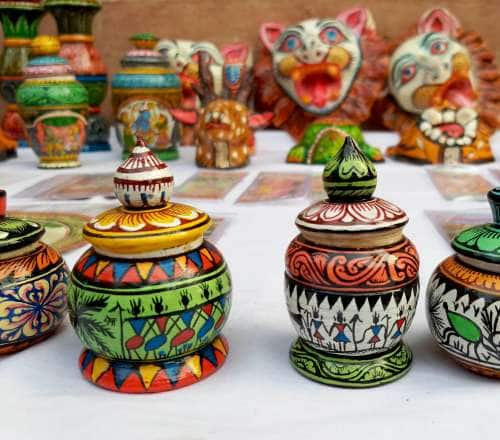
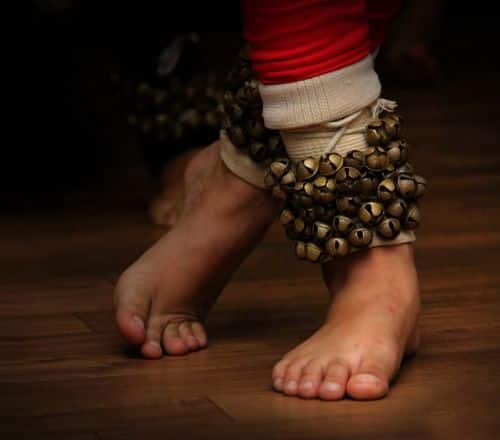
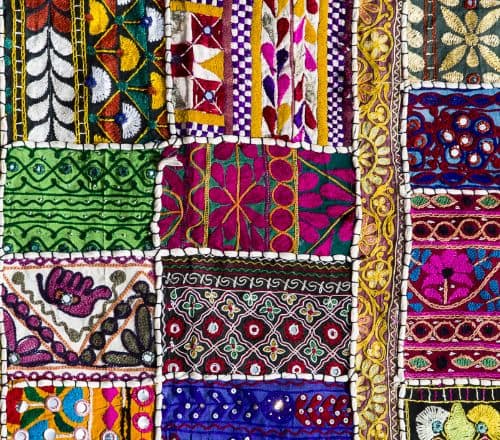
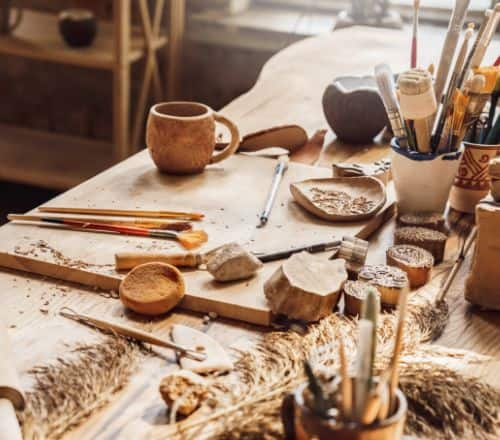
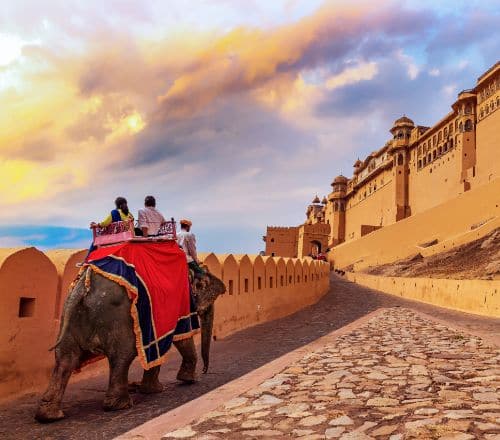
The Adani One expressly disclaims all liability, direct and indirect, in respect to actions taken or not taken based on any or all the contents of this Blog. The Blog is an opinion of the contributor based on the collation of data from various sources and is provided only for information purpose. Adani One does not canvass, advertise, solicit, invite or induct for any product, merchandise, information, brand or any other materials mentioned in the Blog, nor does it obtain any monetary benefit from the same. Reader is advised to read and apply his/her intellect and discretion in this regard. Any Intellectual Property mentioned in this blog belongs to the rightful owner. We do not intent to claim any interest over the same.